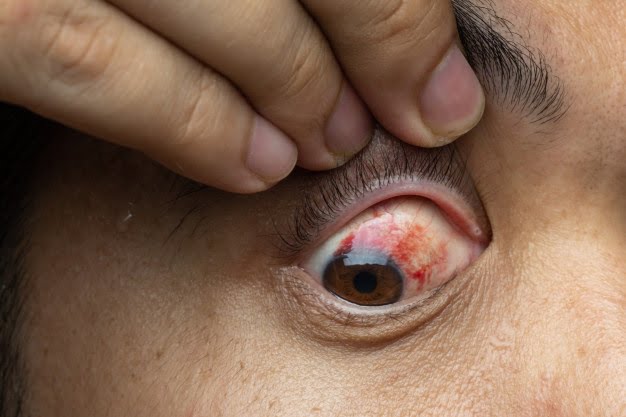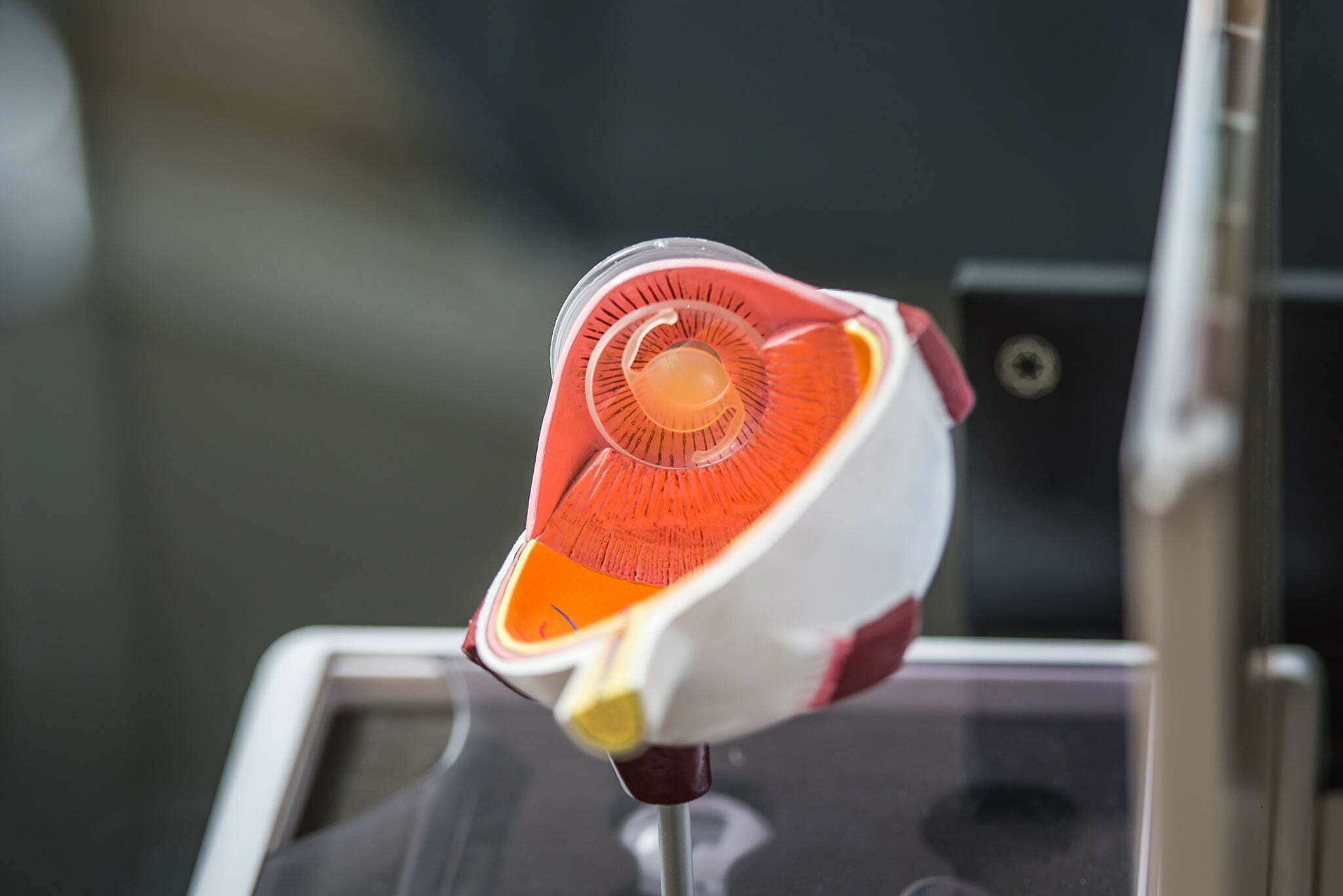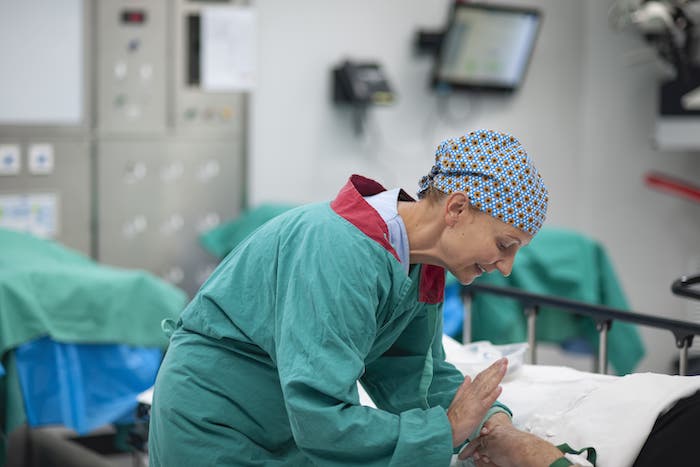Do you suspect you have Surfers Eye (pterygium), caused by exposure to ultraviolet (UV) radiation. Are looking for a skilled, dedicated, ophthalmologist near you? Dr Dory Neu-Ner can help. He specialises in pterygium surgery and is equipped with the knowledge, experience and tools to perform a variety of eye surgeries.
Vision care and good eye health is imperative for us to easily be able to perform normal, everyday tasks. To diagnose, treat and manage pterygia, you need to make an appointment with an ophthalmologist.
Dr Neu-Ner is a ptergyium surgeon, an eye care specialist devoted to ensuring that all his patients enjoy the best possible treatment for pterygia. When you enlist his services, you will receive the ultimate in professional medical and surgical eye-care.




